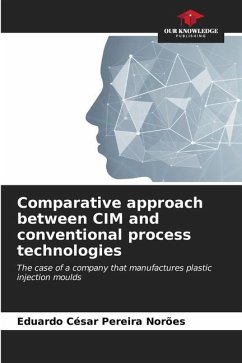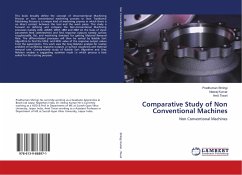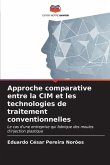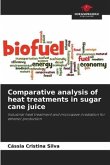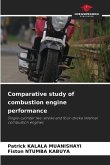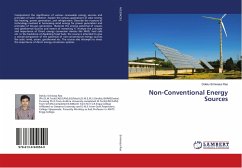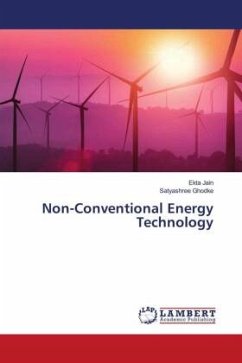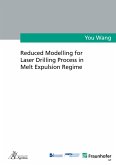This book takes a comparative approach between the CIM process technology and the conventional process technology adopted by a company that manufactures plastic injection moulds. To this end, a history of the evolution of process technology is developed, emphasising the three industrial revolutions. Considerations are given to the production process of plastic injection moulds and the elements that make up CIM process technology, with a focus on tooling. A qualitative comparison is made between the stages of the process technology used by the tool shop surveyed and the CIM process technology, pointing out the advantages and disadvantages of its hypothetical application. The paper concluded that in the stages of product design, machining of functional and support components, CIM process technology offers relevant computerised tools that could enable the tooling shop to produce moulds with complex geometries, but it does have some considerable disadvantages. In the polishing and assembly stages of a mould, CIM process technology does not offer relevant tools that justify its adoption.
Bitte wählen Sie Ihr Anliegen aus.
Rechnungen
Retourenschein anfordern
Bestellstatus
Storno

